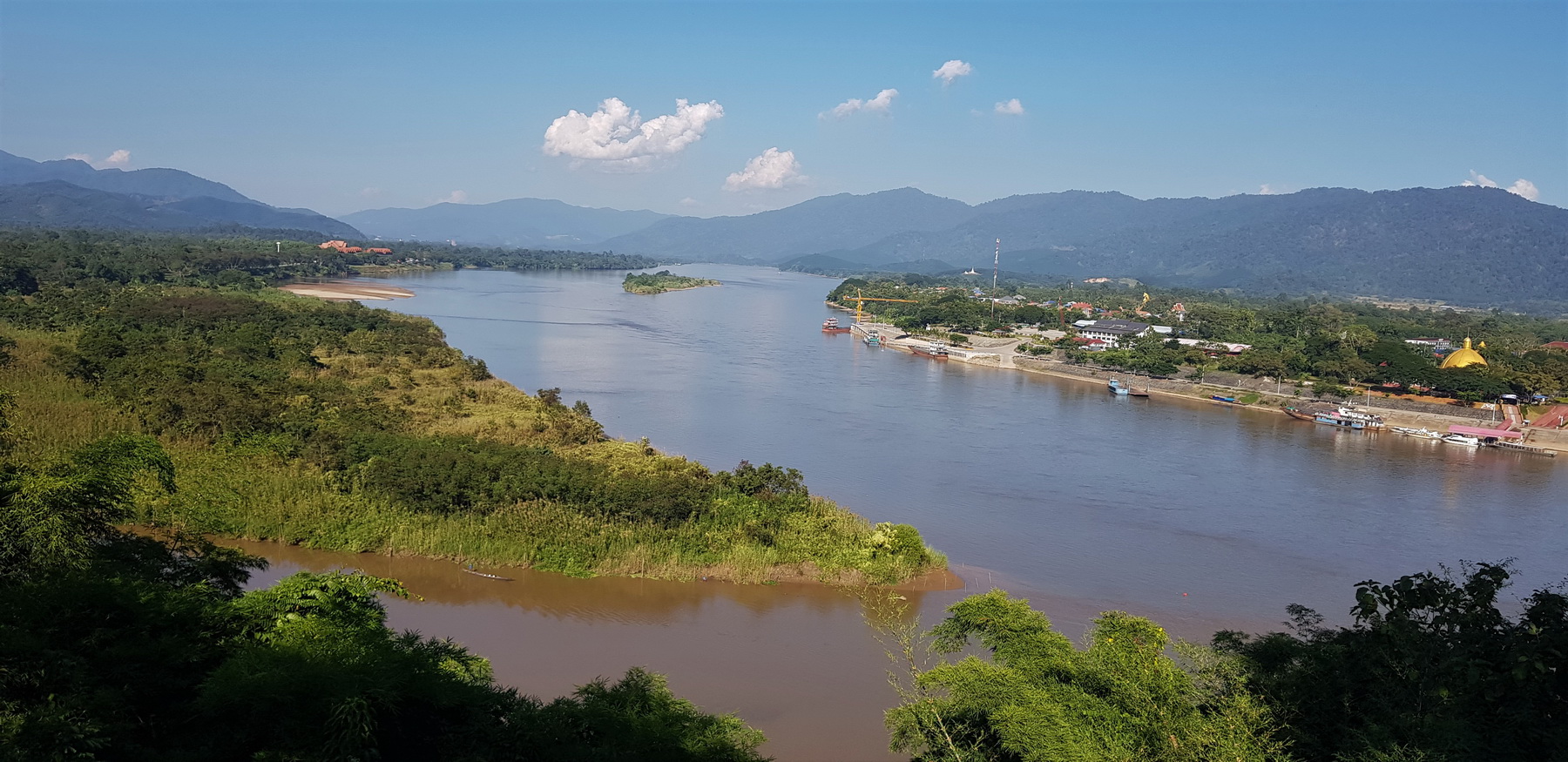Non-traditional security threats in Southeast Asia and the Pacific continue to expand, impacting the lives of people, communities and countries
Underpinned by trafficking of chemicals and the synthetic drugs trade, illicit economies in the Golden Triangle continue to grow, impacting the stability of the Mekong region and Asia Pacific. While drug supply expands, there is limited availability of evidence-based drug prevention and treatment programmes for those who struggle with drug use. The illicit trade in wildlife and timber is devastating delicate ecosystems, and people seeking economic security sometimes end up as victims of migrant smugglers or human traffickers. Collectively, organized crime groups in Southeast Asia alone are estimated to generate at least US$ 130 billion yearly. The continued risk of terrorism also remains significant. The region requires support that is proportionate to achieve safety and prosperity.
UNODC’s mission is to contribute to peace and security, human rights and development by making the world safer from drugs, crime, corruption and terrorism. The UNODC Regional Programme for Southeast Asia and the Pacific 2022-2026 reflects this mission, working with governments, civil society and the private sector partners to design and implement intelligent solutions that build social resilience and protect vulnerable communities.
The Regional Programme covers the following five thematic sub-programmes, formulated to assist Member States with the most pressing regional concerns:

Strategic oversight and direction for the RP is provided by a Programme Governance Committee (PGC), including Member State representatives with secretarial and technical support from the Regional Office for Southeast Asia and the Pacific (ROSEAP). The PGC meets annually to review RP progress and provide policy guidance and strategic advice.
Oversight and coordination of the RP is the responsibility of the Regional Representative based in Bangkok, with support from the ROSEAP management and expert team.
The focus on planning, monitoring and evaluation ensures that the overall programme of work makes substantive contributions to the achievement of mutually agreed outcomes. This will also ensure regular reporting of achievements at the level of outcomes and outputs.
Masood Karimipour
Regional Representative
Southeast Asia and the Pacific
masood.karimipour[at]un.org
 @M_Karimipour
@M_Karimipour
Profile